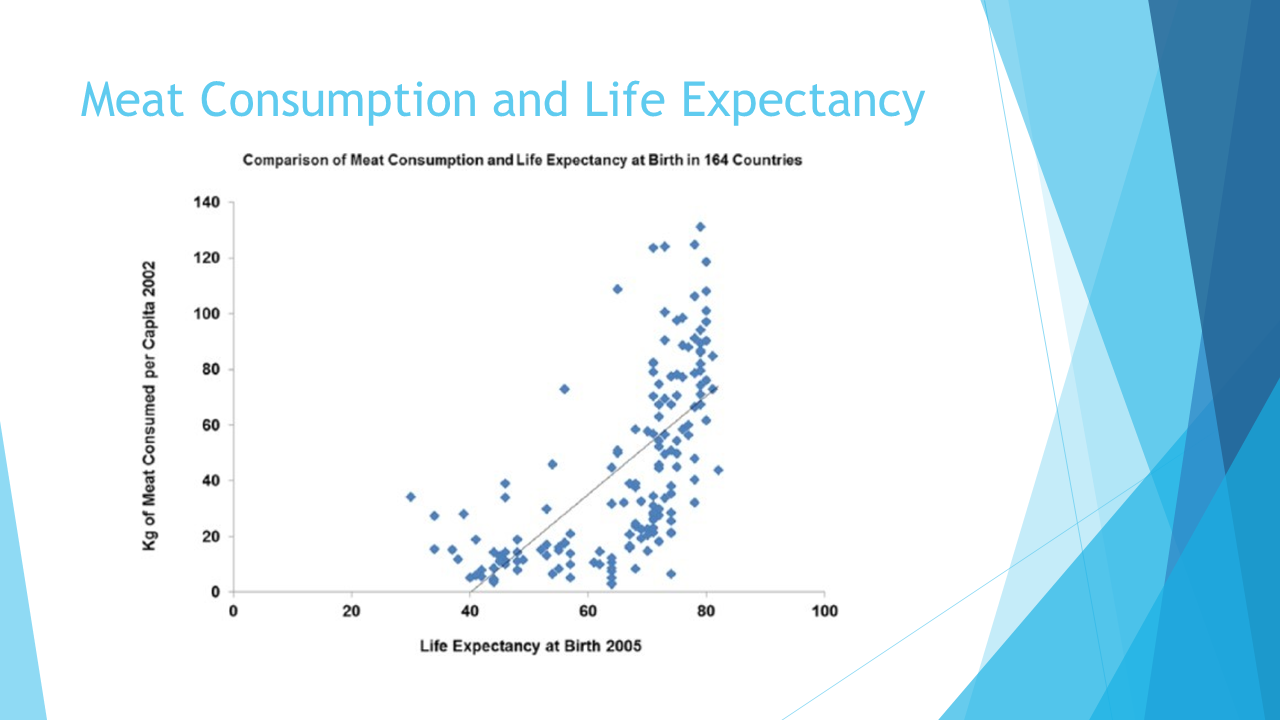How Poor Dietary Advice Failed My Father
I did not have much time to do any research to write this week's post because I was away at a conference, and when I got home, my father was placed in palliative care. He is almost 94. When he was in his early 50s, he had a massive heart attack and has had heart problems since that time, including heart failure. The heart has to work at a minimal level to keep the organs like the lungs and kidneys functioning. His heart is just too weak to keep things going.
No Heart Attack For Me, Thanks '70's Style
My father has always been an active person. He loved fishing and doing home maintenance, in which my two brothers and I were actively involved. I remember hearing him jogging in place every workday and taking the pitter-patter as a cue it was time to wake up for school. I did not understand why he ran in place until he explained it would keep him healthier and was good for his heart. He explained to me that his father had a heart attack, and he was going to do everything to avoid the same fate.
Other strategies included:
Avoiding butter.
Avoiding red meat.
Avoiding animal fats (saturated).
Minimizing eggs and anything that contained cholesterol.
Consuming vegetable oils (linoleic acid)
Eating heart-healthy-whole-grains (cereal)
He did a few more things, but nothing comes to mind now. I want to cover the items I listed and explain why they backfired.
Scientific hypotheses need to be proven and become law in a sane world.
Butter and other animal fat-containing foods like whole milk and cream were blamed for raising cholesterol, which was blamed for clogging arteries and causing heart disease. The theory is known as the lipid hypothesis and the diet-heart hypothesis. As a result, margarine and skim milk were substituted.
People believed that saturated fat caused heart disease due to Ancel Keys and his "Coronary Heart Disease In Seven Countries" paper. His Lipid Hypothesis became the accepted model of heart disease, even though none of his works proved much of anything. I am amazed that a hypothesis became the standard. This 2022 paper demonstrated that higher whole milk consumption diminishes heart disease. Amazingly the saturated fat milk contains was credited for the benefits.
Butter Hurts; Vegetable Oils Help. NOT
Keys later did one of the best studies to prove his hypothesis. The Minnesota Coronary Experiment is considered one of the most important studies supporting the saturated fat-heart disease connection. The experiment results were not published for years because they showed the opposite of what Keys expected! It was the only randomized controlled trial to complete autopsies of patients with heart disease and the only one to test the clinical effects of increasing linoleic acid (vegetable oils) in test subjects. At the time, it was believed that vegetable oil lowered cholesterol and, therefore, heart disease risk. According to new perspective on the data, no evidence for mortality benefit exists from adding linoleic acid, as was stated in the original paper, and the possibility of increased risk of death in older adults is suggested. The latest computations show that participants with a more significant reduction in serum cholesterol from the addition of linolic acid (vegetable oil) had a higher rather than lower risk of death. 1 More recent research shows that cholesterol was protected from oxidation if bound to saturated fat from animals but susceptible to oxidation when bound to linoleic acid. 2
The Truth About Meat
In 2022 a paper entitled Total Meat Intake is Associated with Life Expectancy: A Cross-Sectional Data Analysis of 175 Contemporary Populations demonstrated that higher meat consumption leads to longer lives. The graph below says it all.
Whole Grains
Grains were not part of human diets until 10,000 years ago, which is relatively recent in our existence on the planet. Numerous diseases appeared in the fossil record with their introduction. Tooth decay, gum disease, heart disease, poor facial development, reduced brain size, and diminished stature are a few of them. Realize that early processing resulted in much of the bran remaining in the flour. In other words, breads were all whole grain. Most grain products are highly processed today, even when considered whole grain, which makes them even worse than when they were introduced. I have written extensively on why, and you can read about it here and here. Lastly, processed carbohydrates are converted into triglycerides that contribute to heart disease. Higher is worse and can be lowered by a low carbohydrate diet, but doctors make no money when we change our diets. I will explain the connection and more about this in the next section.
Eggs and Cholesterol
Even Ancel Keys claimed that dietary cholesterol did not affect our cholesterol level, but somehow everyone missed the memo. This study of severe burn victims put on 35 eggs per day diets demonstrated that their cholesterol levels did not change significantly. Furthermore, a 2009 study showed that 75% of heart attack victims did not have cholesterol levels indicative of heart disease. 3
Triglycerides have much more of a predictive value for heart disease. Additionally, HDL had predictive value when comparing the ratio of triglyceride to HDL. A value of three or lower is desirable but the lower, the better. 4 The ratio is five times more predictive of trouble than LDL. 5 Some years ago, I suggested to my father to have his cardiologist check some of these other markers. The cardiologist did not even know the specific test he needed to order. I had to tell him! Then, he did not interpret the test as presenting any concern, even though the ratio for my father was 5.5!!! His doctor had no monetary incentive to let my father know he could lower his heart attack risk factor with diet because he did not know it. My father suffered another heart attack after the test. As Upton Sinclair said, "It is difficult to get a man to understand something when his salary depends upon his not understanding it."
Healthspan Versus Lifespan
My dad is 93, which is a good lifespan. His healthspan, on the other hand, is not so good. Healthspan can be defined as the period of one's life that one is healthy. However, being "healthy" means different things to different people. A better definition is being free from serious disease. A disease is considered serious if it is a leading cause of death. 6
I realized in my early 20s, when my father had his first heart attack, that the strategies we were given to prevent heart disease had to be incorrect because my dad would not have had his heart attack otherwise. My immersion into the research regarding our evolution tells me we ate lots of fatty (saturated) red meat, ate diets devoid of processed carbs, ate more fat than carbs, could not make vegetable oils, and therefore ate none, and, finally, ate little to no grains. That is how I choose to eat. Since I am eating the way my genes require me to, I am confident I am doing the right thing because almost all of the human race survived without heart disease doing the
same.







